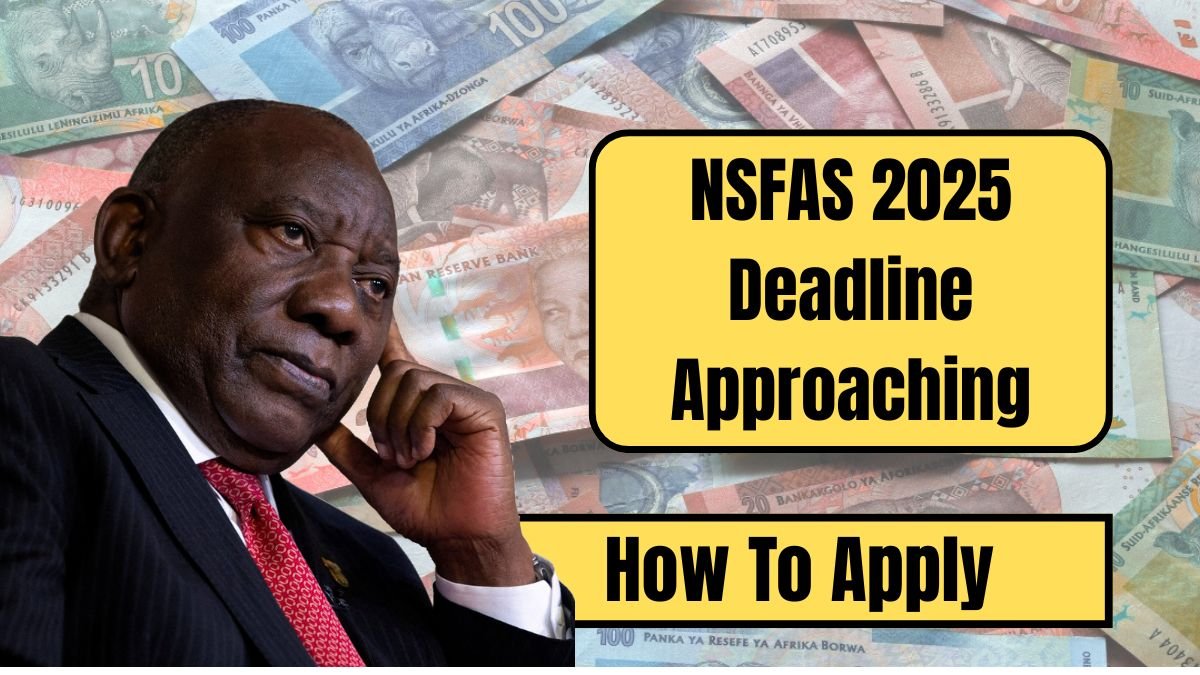For many South African students, NSFAS holds an umbilical cord as a financial lifeline for the students to be able to attend a university or TVET College. Thus, with the 2025 NSFAS funding application window set to close soon, time is running out for students that still want to apply. This article shines light on the key dates, eligibility criteria, application process, how to avoid rejection, and tracking of applications.
Why NSFAS is Important
NSFAS funds are like a donation/loan hybrid. They might cover tuition, registration fees, learning material, accommodation, transport, and even some alien allowance-the list goes on, depending on the kind of institution and policy set. Given that, a student from a low-income household wouldn’t be given access to tertiary education without NSFAS in place. The most important thing is that repayment is not fully required in most instances: after you finish the course, a portion of the funding becomes a bursary and does not need to be paid back. So basically, NSFAS support is one of the rare sure ways of alleviating someone’s financial burden, even if only partially.
Application Deadline & Period
2025 Application Period.The application periods formally commenced on the 20th of September 2024 and then closed on the 15th of December 2024. If applicants missed out on applying between these dates, they may have missed the 2025 funding window. In the meantime, the application window for 2026 is fast running until the 15th of November 2025; hence, it would be wise to apply for 2026 currently.
Late Application Chances
The window for 2025 is closed. However, late windows of application have been opened at times. There was a late application window from 13 January through 24 January 2025, for example! Whether one will be instituted for 2026 remains to be seen. Keep an eye on official NSFAS notices always.
Eligibility Criteria
NB: Check if you qualify for NSFAS before proceeding to apply:
- South African citizens or permanent residents;
- Applicants must be enrolling or being enrolled at any public university or TVET college for a recognized and accredited program.
- Household incomes must be within the relevant thresholds: Up to R350,000 per year (or up to R600,000 for a student with a disability)
For one to be considered for funding, the applicant must not be holding any disqualifying status. For example, individuals applying for NSFAS funding are not eligible to apply for a second undergraduate qualification. Also, students must maintain satisfactory academic performance, which implies passing modules and observing set rules of progression.
Tips to Make Your Application Better
Apply well before the deadline and never on the very day, for there could be unexpected last-minute server issues.
Double-check all the docs: are they all in order? One example will suffice. You are supposed to attach your own items just as proof.
If NSFAS asks you for any missing information or forms, be prompt in providing it.
Keep all the reference numbers or proofs of submission.
Watch out for announcements from NSFAS that may pertain to alternative windows or appeals.
What Happens After Approval
If your application is approved:
- You will receive a bursary agreement to sign.
- The funding will be disbursed to your institution to cover tuition, registration, allowances etc.
also read : SASSA R350 SRD Grant October 2025: Full Payment Dates And Tracking Guide
